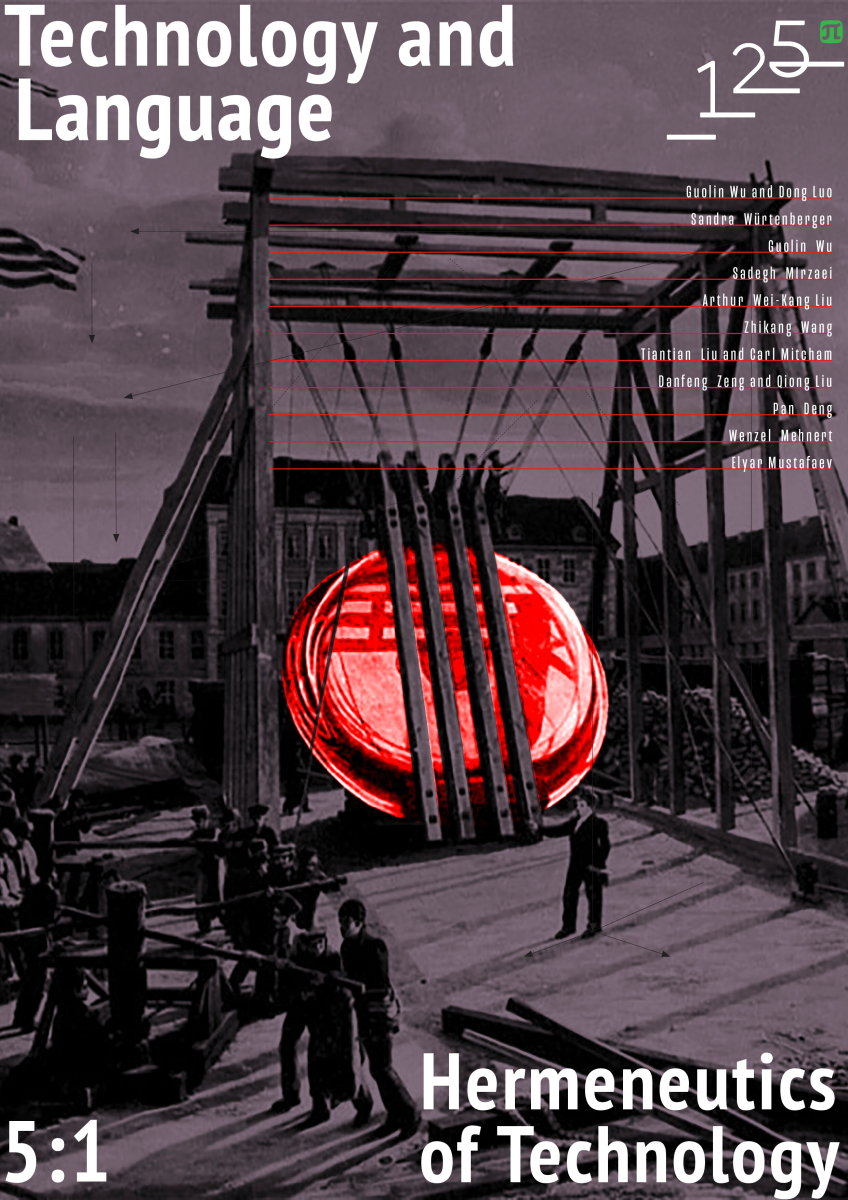On Scientific Explanation and Understanding – A Hermeneutic Perspective
An explanation is a convincing, deductively valid argument that cites at least one law of nature. – This could be a definition of a scientific explanation that takes the notion of understanding seriously because explanation and understanding are intertwined concepts. To arrive at this conclusion, this analysis starts with the question of what makes an explanation an explanation. Philosophers of science have discussed this issue extensively since Carl G. Hempel presented his deductive-nomological model of explanation. It seems that the DN-model offers necessary but not sufficient conditions for explanation. Two prominent problems for sufficient conditions are the problem of irrelevance and the problem of symmetry. For the last seventy years philosophers of science tried to solve those problems, also proposing other possible conceptualizations of explanation, by invoking, for example, causality or contextuality. Those accounts can be brought together in order to solve the problems of the DN-model: By looking at understanding, a new combined account for explanation and understanding could be obtained. After highlighting the advantages and problems of some of the most prominent accounts of explanation, the concept of understanding is analyzed with respect to the notion of hermeneutics. Through Gadamer’s discussion of hermeneutics and understanding as well as Kuhn’s concept of paradigms, it can be shown that the natural sciences are also deeply rooted in hermeneutics and involve understanding. In the end, it can be demonstrated that understanding and explanation are two interwoven concepts. Understanding is the missing piece of the puzzle to solve the problems of explanation.



